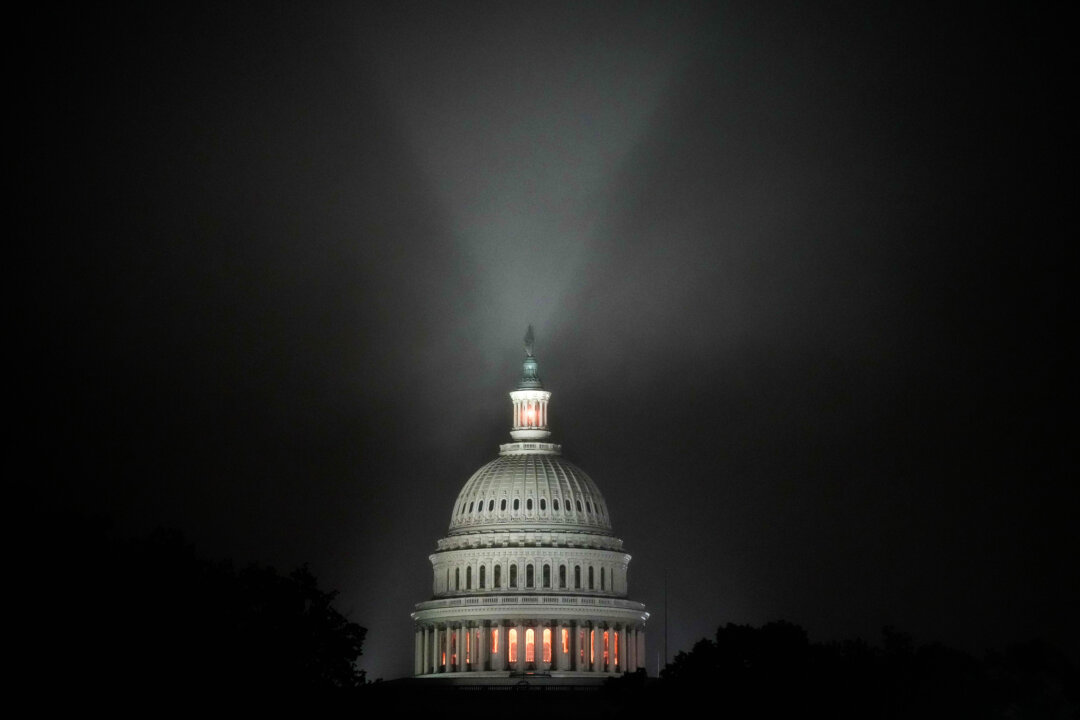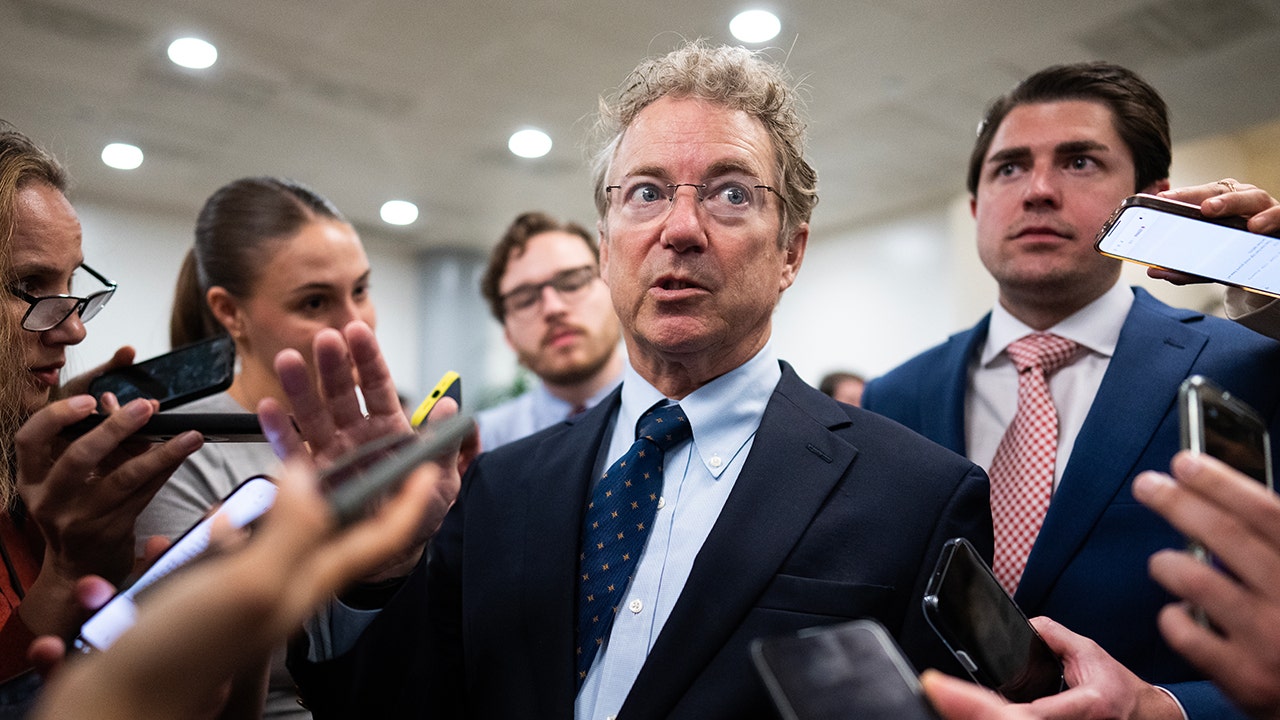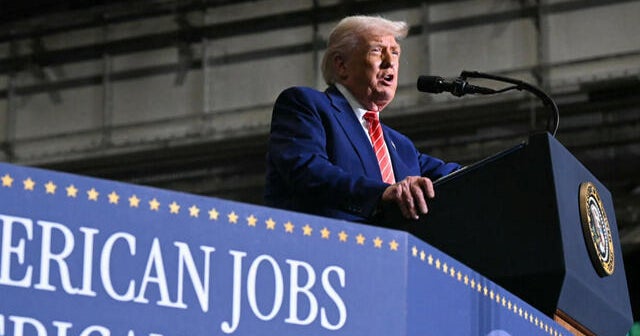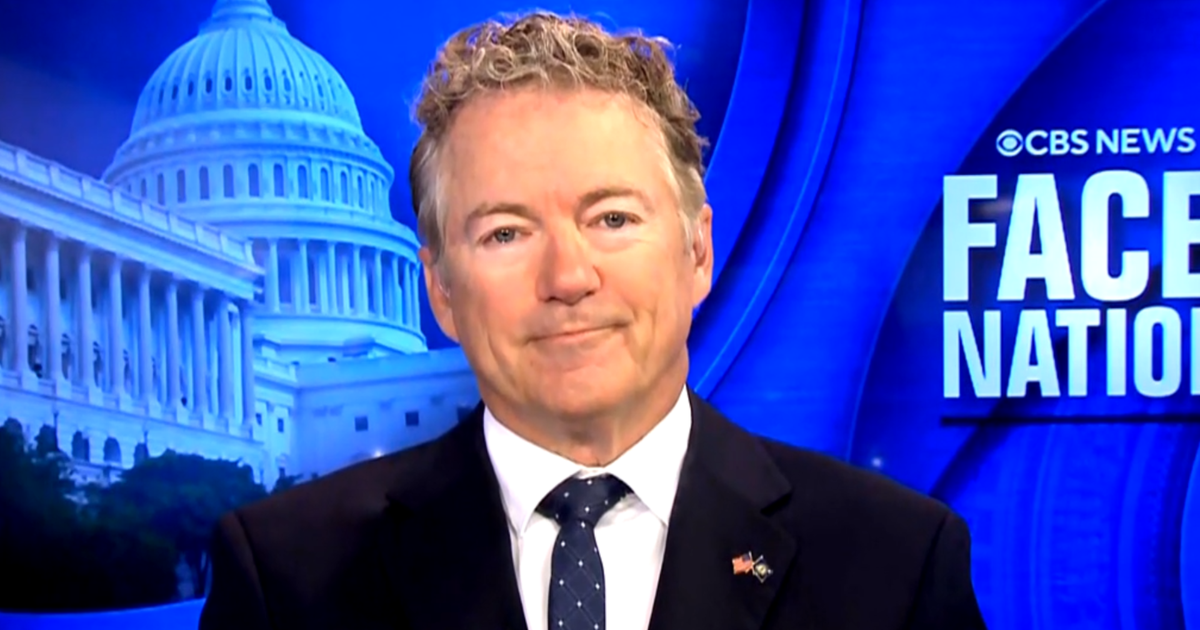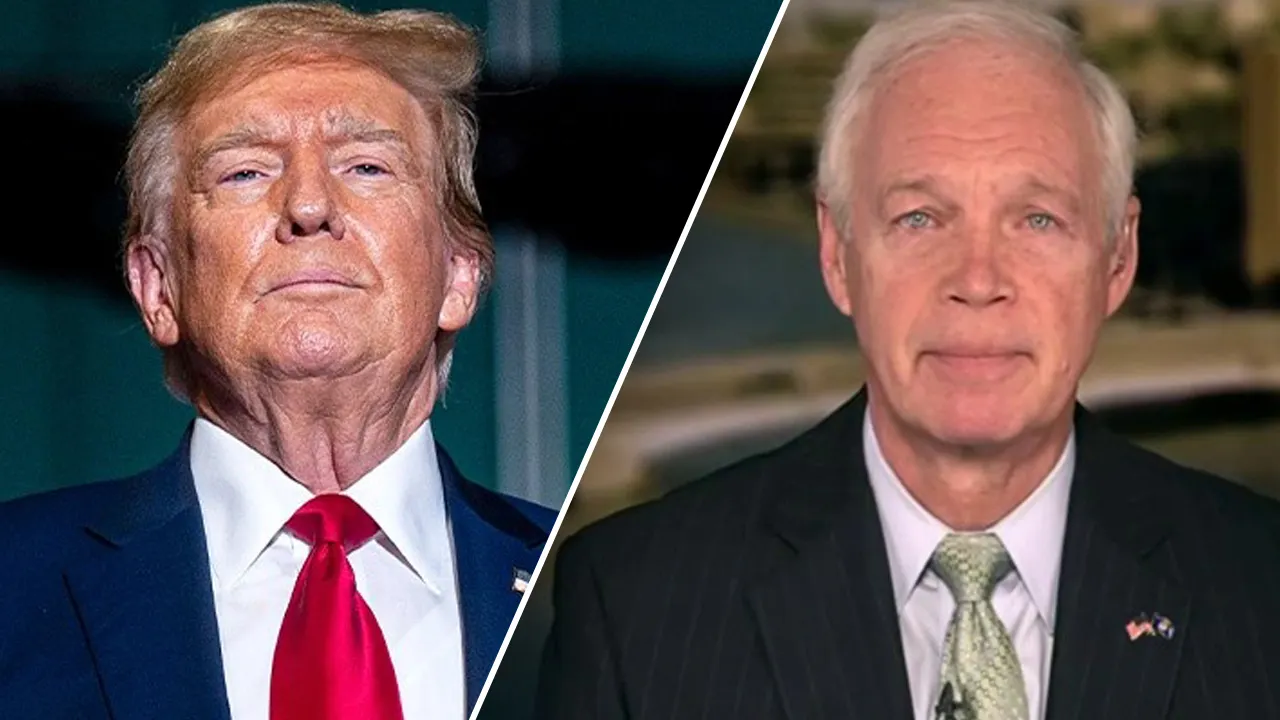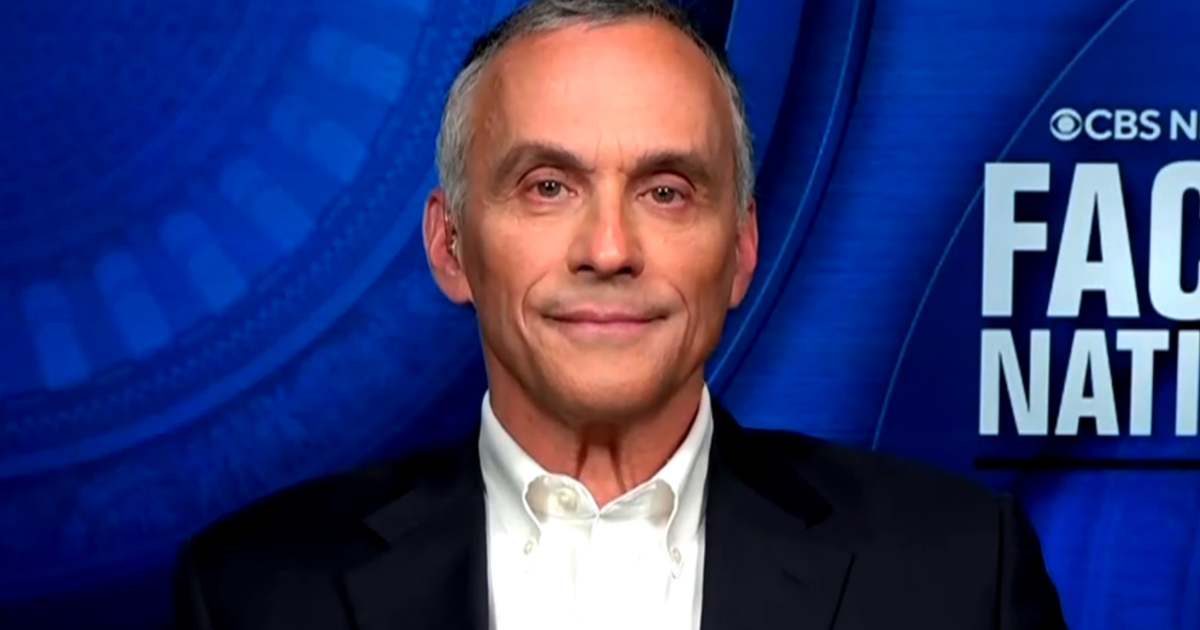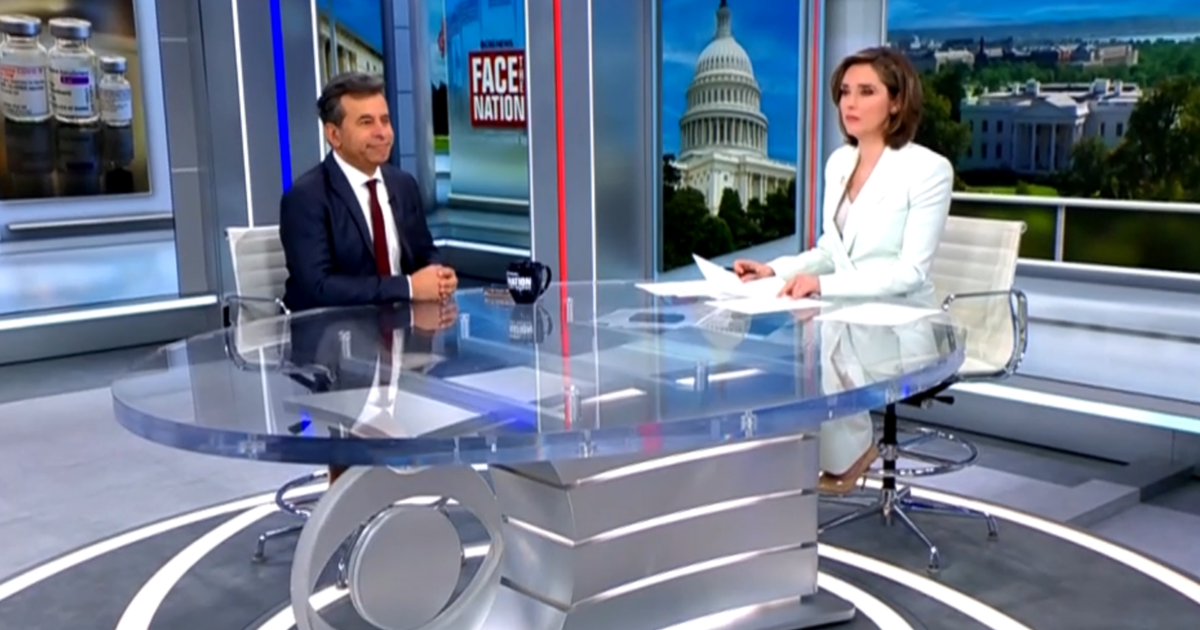Senate Scrutinizes Trump's $4 Trillion Budget Bill Amid GOP Dissent
Senate Republicans express concerns over Trump's budget bill, which could add $4 trillion to the national debt, as key figures voice opposition.
Subscribe to unlock this story
We really don't like cutting you off, but you've reached your monthly limit. At just $5/month, subscriptions are how we keep this project going. Start your free 7-day trial today!
Get StartedHave an account? Sign in
Overview
As President Trump's One Big Beautiful Bill Act moves to the Senate, GOP Senators Rand Paul and Ron Johnson raise alarms about its potential to increase the national debt by nearly $4 trillion over the next decade. Elon Musk has expressed disappointment over the bill's spending, while Steve Bannon criticizes its tax cuts for the wealthy. The bill, which passed the House with some Republican support, faces scrutiny for its proposed cuts to social safety programs and tax breaks for the top 1%. Senators are expected to push for modifications, complicating its path to final approval.
Report issue

Read both sides in 5 minutes each day
Analysis
Analysis unavailable for this viewpoint.
Articles (12)
Center (6)
FAQ
Senators Rand Paul and Ron Johnson are concerned that the One Big Beautiful Bill could increase the national debt by nearly $4 trillion over the next decade and raise alarms about its impact on fiscal responsibility.
Elon Musk has expressed disappointment over the bill's spending, while Steve Bannon criticized the tax cuts for the wealthy included in the bill, highlighting concerns about fiscal policies favoring the top 1%.
The bill proposes cuts to social safety programs and tax breaks for the top 1%, including ending $500 billion in Biden-era tax breaks and special interest giveaways to the wealthy, big corporations, and China, while also targeting large non-profits and elite universities for increased taxation.
The bill contains provisions that would severely restrict federal courts' authority to hold government officials in contempt if they violate judicial orders, requiring plaintiffs suing the government to post a bond before contempt powers can be enforced, which may undermine enforcement of court rulings.
After passing the House narrowly, the bill moved to the Senate where it faces scrutiny and expected modifications from Senators, complicating its path to final approval amid internal GOP dissent and various concerns.
History
- 5M

 4 articles
4 articles


